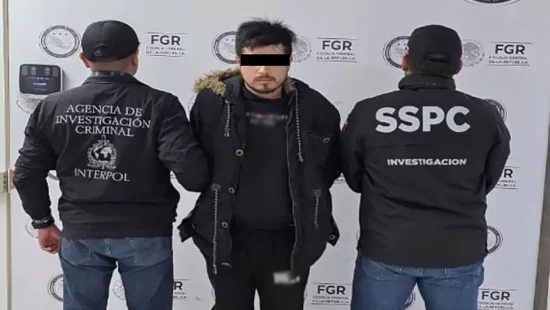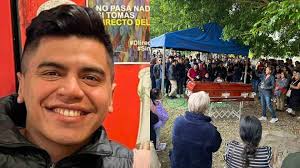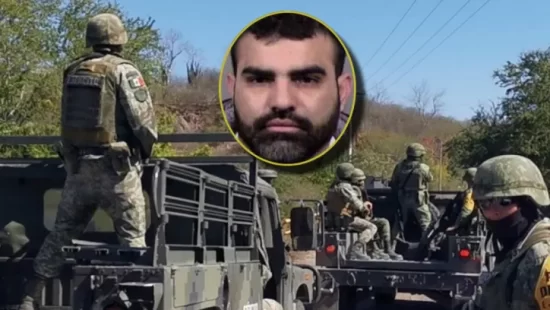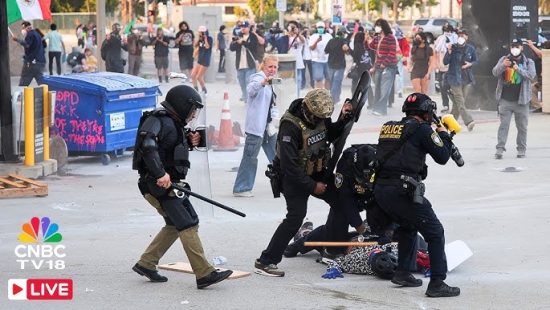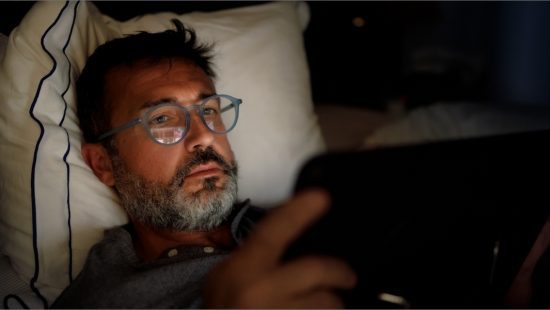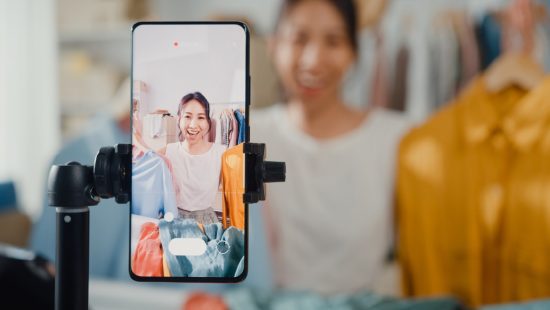A few days ago, the United States announced that it will increase its scrutiny of student visa applicants’ social media accounts. Many people were alarmed, asking if they would also review the social media accounts of tourist visa applicants.
The reality is that the United States government has been requesting and reviewing the social media accounts of tourist visa applicants since 2019, when it included a “Social Media” section on the DS-160 visa application form.
On May 31, 2019, the Department of State added a section asking foreign applicants to include information about their social media accounts. The Bureau of Consular Affairs clarifies the most frequently asked questions about this matter.
A few days ago, the United States announced that it will increase its scrutiny of student visa applicants’ social media accounts. Many people were alarmed, asking if they would also review the social media accounts of tourist visa applicants.
The reality is that the United States government has been requesting and reviewing the social media accounts of tourist visa applicants since 2019, when it included a “Social Media” section on the DS-160 visa application form.
On May 31, 2019, the Department of State added a section asking foreign applicants to include information about their social media accounts. The Bureau of Consular Affairs clarifies the most frequently asked questions regarding this matter.
1. What does the section say?
Travelers will now find the Social Media section, which says:
“Do you have a social media presence?” From the list below, select each social media platform you have used in the last five years. In the space next to the platform name, enter the username or handle you have used on the platform. Please do not provide passwords.
If you have used more than one platform or handle, select “add another” to the list. If you have not used any of these social media platforms, select “none.”
2. Which forms have been updated to apply for social media accounts?
The online nonimmigrant visa application (DS-160), the paper application (DS-156), and the online immigrant visa application (DS-260).
3. Why are social media accounts requested?
Authorities argue that they do so to verify the foreigner’s identity and background; therefore, it is a “security” mechanism.
4. What is a social media identifier?
The form asks for the “social media identifier.” Social networks.” These refer to the name or username you use on the social network. For example: Juan Domínguez or @JuanDominguez. Business or company page names should not be included.
5. Which social networks should you select on the form?
You must select ALL the ones you have used in the last five years. The options are: Ask.fm, Douban, TikTok, Facebook, Flickr, Instagram, LinkedIn, MySpace, Pinterest, QZone, Reddit, Sina Weibo, Tumblr, X, Two, Vine, YouTube.
If you deleted any in the previous five years, you must note it.
If you don’t use any, you must select the button that says “none.” Your form cannot be approved if you don’t fill out this space.
“Applicants should complete the application as completely and honestly as possible to avoid delays. “Failure to provide accurate and truthful answers in a visa application may result in denial,” adds the Bureau of Consular Affairs.
6. Are passwords requested?
Do not provide the password for any social media accounts. Consular officers do not ask for them. If someone is helping you fill out the form, do not share them.
Consular officers can only see the content you share, and it is visible. They cannot and are not authorized to modify privacy controls.
7. Does this affect people who already have a visa?
No, only those applying for a visa for the first time or renewing one should add their social media accounts. If you have a valid visa, you do not need to renew it.
8. What posts could make you a subject of investigation?
Authorities could investigate people who support terrorism or the persecution of a particular race.
The measure has sparked concern, as some students have had their visas revoked for positions the government considers “Antisemites.”
A few months ago, former consular officer Brent Hanson posted a TikTok video discussing this visa requirement. He asserted that those in charge of interviews at embassies and consulates do not pre-screen cases unless there is suspicion of fraud. In this situation, the Fraud Department conducts a pre-screening, which may include social media.
“The officer, until they scan the code on Form DS-160, sees the passport and begins reviewing the application” of the person applying for a tourist visa.
However, it is unknown whether the Trump administration will also increase scrutiny for tourists.

